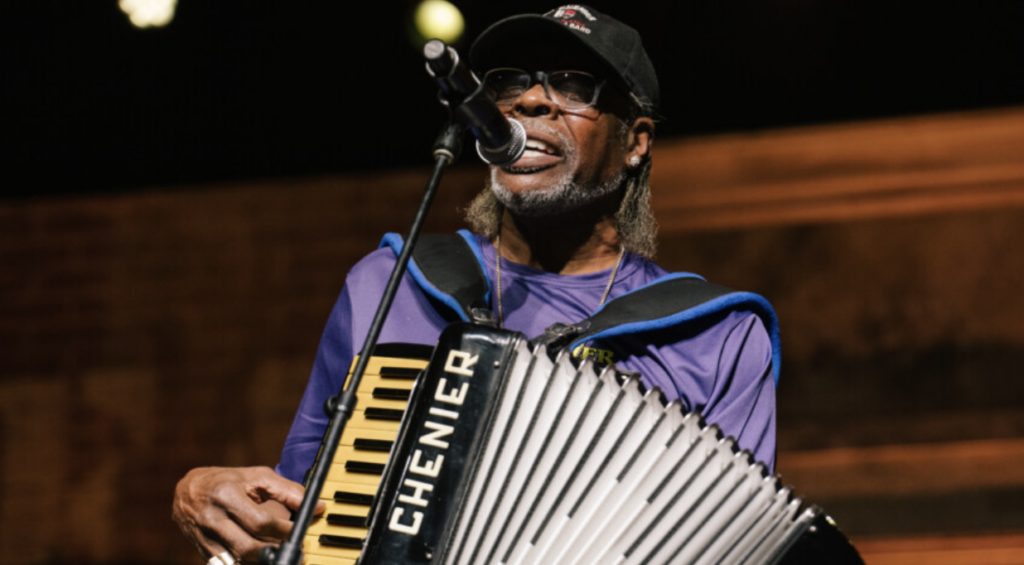The Wallflowers

His dad said it best: “Everybody must get stoned.” Now it’s Jakob Dylan’s turn to weather a pummeling. First, the indignity of low sales and indifferent critical response to Breach, The Wallflowers’ follow-up to the massive 1997 hit Bringing Down the Horse. Then, only a couple of months after it became clear that Breach isn’t even a hot Napster score, Entertainment Weekly and several smaller publications hang the black wreath of Worst Album of 2000 across the disc. No wonder people hate music critics.
Let’s get something straight: The worst album EW critic David Browne heard last year is sitting in a $1.99 bin somewhere in Brooklyn, completely forgotten, not worth writing about or remembering to damn at year’s end. People who write about music do the same thing consumers do: slide the disc in, then wait for the magic or the muck, finger poised above the remote control waiting to slit the singer’s throat or reward him with “repeat.” From the guy who labeled Robbie Williams’ bloated 1999 disc as the best of that year, trampling The Wallflowers seems a little disingenuous. Besides, the people he might prevent from buying Breach have already chosen not to buy it; it’s not as if they would go pick up a Sleater-Kinney disc instead.
But just because Breach doesn’t deserve to be piledriven, there’s no reason to assume it’s a classic. It’s not. Dylan is a maddeningly vague lyricist and mannered singer, and the band mostly operates at an Eagles-comalike 45-degree angle. Michael Penn’s coproduction (with Andrew Slater) putters in the background, his signature Chamberlin, vibes and brass quartet an afterthought poking into the mix like a Terry Gilliam illustration predictably invading a Monty Python sketch. Elvis Costello, now a guest even on his own albums, lends his sneer-for-hire to the shortest track; his self-parody sinks “Murder 101” by being much more interesting than the song.
But “Letters From the Wasteland” and “Sleepwalker” are as coyly fulgent and radio-ready as “One Headlight” and “Sixth Avenue Heartache” from Horse, and the brisk 42-minute running time is the Concorde against the twin-prop lethargy of, say, a Counting Crows disc. (What the Crows and the ‘Flowers have in common are a knack for catchy singles and a habit of surrounding those songs with fake goo; their albums are like Jell-O molds holding a few tasty marshmallows hostage.) Still, Breach isn’t brain surgery, and it’s not without pleasure.
You can carp about the relative dearth of honest songwriting from would-be Rimbauds backed by big-label bucks, but the real lie occurs when a press bribed and snookered by those dollars into championing mediocre acts tries to buy back legitimacy by printing heavy-handed critical dismissals. If The Wallflowers were ever important enough to deserve a braining for this failure, it’s not because anyone but an overeager press said so three years ago. Then and now, they weren’t wrong or right, just dumb.




